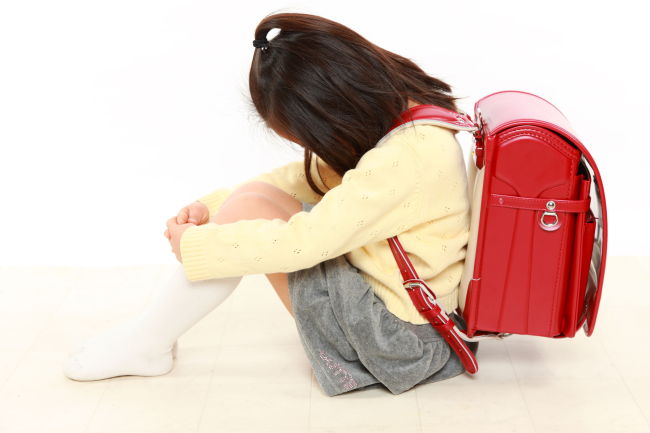Immigrants’ children vulnerable to discrimination in South Korea: report
By 이다영Published : March 6, 2016 - 17:43
Children of foreign-born residents in South Korea suffer from racial discrimination and lack of access to social resources and opportunities as Korea has yet to pass a comprehensive antidiscrimination law, the latest research findings by the National Human Rights Commission of Korea showed.
According to the report, children of undocumented immigrants were especially vulnerable to social isolation as well as lack of basic medical care. Children who were born overseas and moved to Korea as one of their parents married a Korean national often experienced bullying at school because of their physical appearance and language barriers, the report also showed.
A significant number of them were under financial difficulties and were unable to pay for lunch and other school-related fees.
According to the report, children of undocumented immigrants were especially vulnerable to social isolation as well as lack of basic medical care. Children who were born overseas and moved to Korea as one of their parents married a Korean national often experienced bullying at school because of their physical appearance and language barriers, the report also showed.
A significant number of them were under financial difficulties and were unable to pay for lunch and other school-related fees.

Article 2 of the U.N. Convention on the Rights of the Child, which South Korea signed in 1990, states that every child’s rights to education and protection must be ensured regardless of the parent’s or legal guardian’s race, sex, religion or national, ethnic or social origin, among other factors.
Article 8 of the convention also states that if a child is illegally deprived of some or all of the elements of his or her identity, “State Parties shall provide appropriate assistance and protection, with a view to reestablishing speedily his or her identity.”
However, cases featured in the latest report showed that children of illegal immigrants were experiencing systemic exclusion in Korea’s education and medical system. One of the children was denied by Kukkiwon, the World Taekwondo Headquarters, when he applied to take a domestic promotion test, because he was stateless and did not have an official ID.
Another child, who suffers from cerebral palsy, was unable to receive necessary social and medical benefits. As a non-national, he had been denied acknowledgement as a person with disability.
According to lawmaker Jasmine Lee of the ruling Saenuri Party, it is estimated that some 20,000 stateless children are currently residing in South Korea.
Lee, who is the first non-ethnic Korean to become a lawmaker here, proposed a bill that would allow the birth registration of children born in South Korea to one or more parents who are illegal immigrants. The proposal, which has received negative responses from some civic groups, is currently pending at the National Assembly.
Lee also published a book in January, which comprised her thoughts on South Korea‘s current policies on multiculturalism. In the book, she suggested establishing a ”control tower“ -- a single government agency that would oversee all immigration policies -- to promote diversity while tackling the country’s low birthrate effectively.
“There are currently 14 government ministries and agencies that deal with immigration policies,” she said in the book. “We need a single agency that will develop effective policies for the next 20 to 30 years to come.”
By Claire Lee (dyc@heraldcorp.com)




![[Herald Interview] 'Amid aging population, Korea to invite more young professionals from overseas'](http://res.heraldm.com/phpwas/restmb_idxmake.php?idx=644&simg=/content/image/2024/04/24/20240424050844_0.jpg&u=20240424200058)












![[KH Explains] Korean shipbuilding stocks rally: Real growth or bubble?](http://res.heraldm.com/phpwas/restmb_idxmake.php?idx=652&simg=/content/image/2024/04/25/20240425050656_0.jpg&u=)

